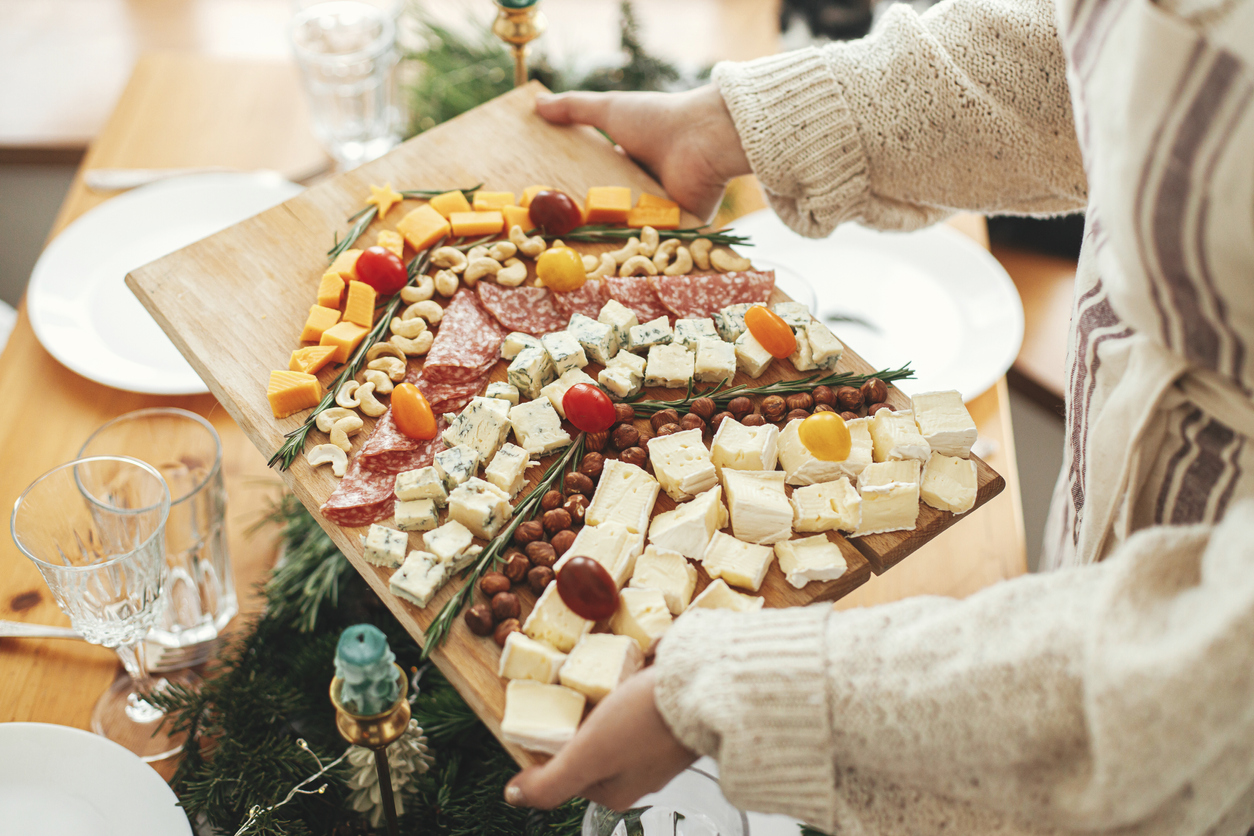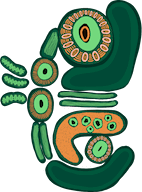
Our tips for teeth-healthy festive eating
By the end of the year, we’re all entitled to relax a little and enjoy ourselves. For most of us, many festive celebrations centre around food and drinks, making it easy to lose a sense of control over what we’re consuming. And while no one wants to be a total grinch about the holidays, it can be helpful to enter into the festive season with a goal of moderation when it comes to teeth-healthy foods.
Balancing teeth healthy foods at Christmas
For 365 days a year, the same evidence around oral health applies – that sugar is sugar, no matter what form it’s in. Whether sugar is in a liquid or solid form, warm, cold, frozen or somewhere in-between, all sugar increases the risk of tooth decay. Lollies, desserts, sauces, toppings, juices and soft drinks all contain forms of sugar and no matter how it’s packaged, our body processes sugar in the same way.
Fortunately, there are lots of delicious types of foods which also have protective oral health benefits. Finding the ‘sweet spot’ between balancing festive treats with teeth-healthy foods is worthwhile and helps us to avoid feeling we’re missing out on all the fun.
Gum health
Most of us are aware of the types of foods which aren’t so good for us, and which can lead to tooth decay, but gum health is just as important. Gums provide a barrier against bacteria and food entering into the tissues which surround the teeth. ¹Red, inflamed, bleeding gums are a sign that this protective barrier has broken down and can lead to gingivitis, an early form of gum disease. If left untreated, Gingivitis can progress to more advanced periodontal disease, causing tooth and bone loss. When gums are healthy, they work like a collar, forming a firm seal to keep our teeth in their correct position, so it’s important to have regular check-ups.
5 tips for teeth-healthy festive snacking
Remember, not all treats are naughty and it’s important not to feel you’re missing out. ²Some foods are protective and support our oral health. Crisp fruits and raw vegetables are particularly good at cleaning plaque from teeth and freshening breath.
This festive season, reach for the:
- Fruit and vegetable platters rich in fiber and vitamin C – these will provide a range of protective nutrients.
- The cheeseboard – cheese helps to neutralize the effects of acidic foods.
- Other calcium-rich products – milk or soy-based products help to boost saliva production and remineralise teeth.
- Vitamin A and D-rich foods- Oily fish is a powerhouse of vitamin D, which helps to strengthen teeth and bones and prevent gum disease.
- Water jug – this will help to keep your saliva at the right consistency to rinse away food particles.
5 tips for a teeth-healthy festive season
Why wait until January 1 to develop new oral health habits as New Year resolutions? Book an appointment for a dental checkup over the festive break.
- Try to cut back on sugar – evidence continues to prove that many of us are consuming too much of this simple carbohydrate, which as well as affecting our oral health, impacts on our general health.
- Make time to brush your teeth at least twice each day and floss daily. Brushing and flossing are especially important before going to bed. No matter how tired you are after that party, take an extra five minutes to care for your teeth and gums.
- Care well for your gums and remember, flossing is as important as toothbrushing.
- Avoid biting down on hard foods. Candy canes, lollies, pork crackling and ice are particular hazards at Christmas time. Dentists often see a peak in cracked or broken teeth as a result of hard textures.
Book an appointment with your dentist today to discuss your dental health.
References
